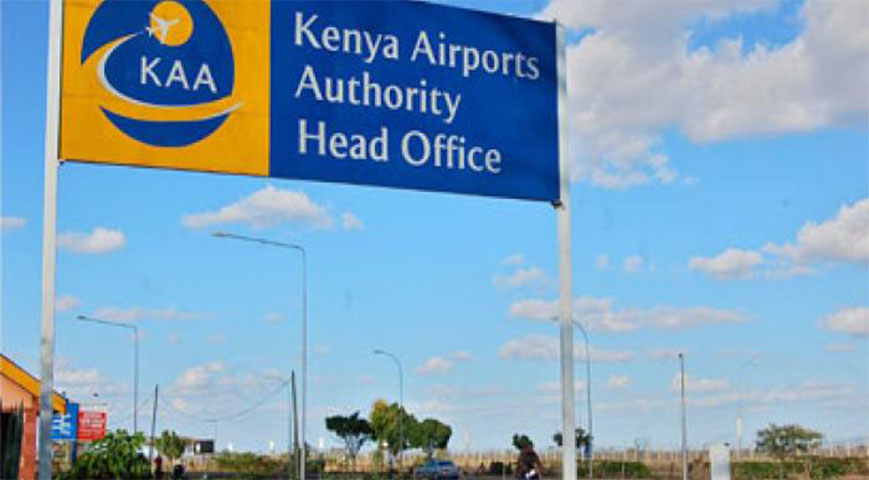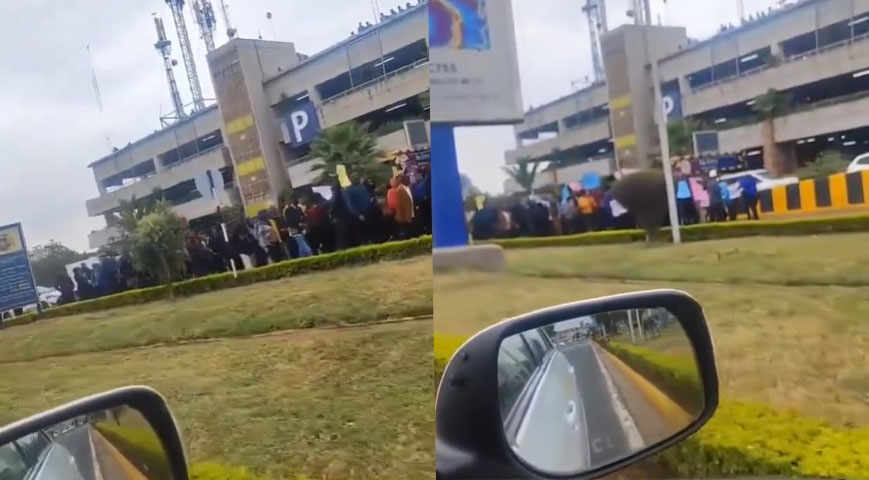Aviation workers under the Kenya Airports Authority (KAA) have taken to the streets to protest the proposed Public-Private Partnership (PPP) that would see the Adani Group Holdings take over operations at the Jomo Kenyatta International Airport (JKIA).
The workers expressed concerns that the deal with Adani Group could jeopardize their jobs, potentially replacing them with foreign workers.
Did you read this?
The demonstration occurred despite a recent announcement by Kenya Aviation Workers Union (KAWU) Secretary General Moses Ndiema, who called for a seven-day postponement of any strike action to allow time for a thorough review of the lease agreement.
On July 28th, amid rising tensions from the Gen-Z protests, President William Ruto addressed the issue, defending the PPP initiative. He explained that leasing out JKIA to investors willing to collaborate with the government could facilitate the expansion and modernization of the airport, ultimately benefiting Kenyans.
Ruto emphasized that Nairobi's current airport infrastructure, a temporary structure built nearly seven years ago, pales compared to the modern airports in neighboring countries like Ethiopia and Rwanda, underscoring the need for significant investment to upgrade the facility.
This development has sparked widespread debate about JKIA's future and the potential implications of the Adani Group's involvement. Many stakeholders call for carefully considering the deal's impact on local workers and the broader aviation industry.

The government had previously denied the deal's existence but was forced to admit it after weeks of speculation. The Kenya Airports Authority (KAA) denied that the airport was on sale but acknowledged that the deal would aid in renovating the airport.
During his vetting before the Committee on Appointments, Murkomen emphasized that the PPP deal follows a comprehensive process.









